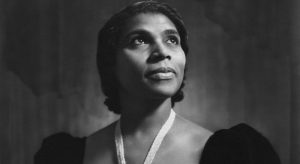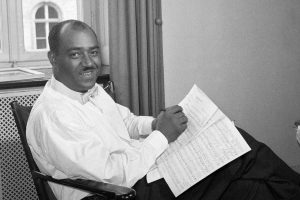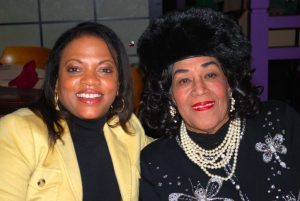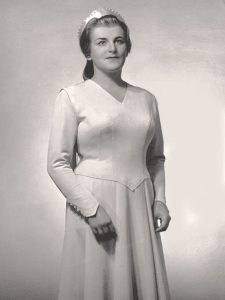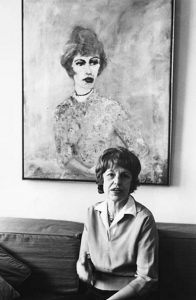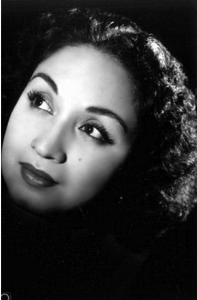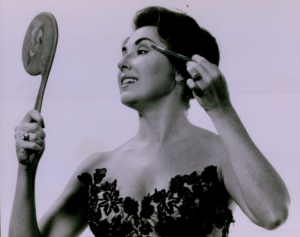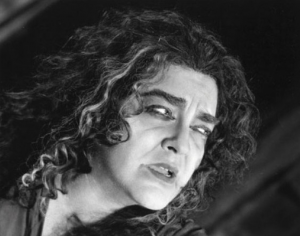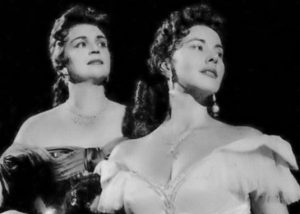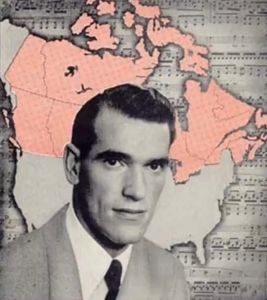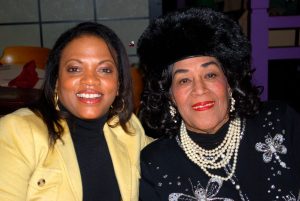Podcast: Play in new window | Download (Duration: 1:42:03 — 107.5MB) | Embed
Subscribe: Spotify | TuneIn | RSS | More
Finally, the first in my long-promised series on the contralto voice! The contralto is a rara avis in the today’s opera and classical music scene, and yet back in the day, there seem to have been more of them before the public. And of course contraltos have always been a powerful presence on the popular music scene, whether in blues, disco, jazz, or as purveyors of the Great American Songbook. There is no way that I can cover all of the great (and near-great) contraltos in recorded history, but that doesn’t mean I’m not going to try! Today’s selections span a wide chronological range , even for this podcast: nearly 120 years, and include voices both fleet and monolithic (and sometimes both). We begin with a tribute to the late Polish coloratura contralto Ewa Podleś and along with way we hear the most famous contraltos like Kathleen Ferrier and Marian Anderson, and jazz and pop contraltos like Nina Simone and Cassandra Wilson. We also sample singers from the earlier twentieth century such as Ernestine Schumann-Heink, Cloe Elmo, Clara Butt, Eugenia Mantelli, Kerstin Thorborg, and Sigrid Onégin (about whom I spill some major tea!) Throughout the episode are sprinkled some of the most beautiful voices of any kind that I have ever heard: the Scottish Caroline Kaart, the Romanian Florica Cristofereanu, the Czech Věra Soukupová, the Dutch Aafje Heynis, the French Germaine Cernay, the British Norma Procter, and the Russian Valentina Levko. And if like me you have despaired of ever hearing another true contralto again in our lifetime, we hear in young Jasmin White cause for rejoicing. And if your favorites are not heard today, fear not, for this is the tip of the iceberg: many more great singers will follow when the series continues in two weeks.
Countermelody is a podcast devoted to the glory and the power of the human voice raised in song. Singer and vocal aficionado Daniel Gundlach explores great singers of the past and present focusing in particular on those who are less well-remembered today than they should be. Daniel’s lifetime in music as a professional countertenor, pianist, vocal coach, voice teacher, and journalist yields an exciting array of anecdotes, impressions, and “inside stories.” At Countermelody’s core is the celebration of great singers of all stripes, their instruments, and the connection they make to the words they sing. By clicking on the following link (https://linktr.ee/CountermelodyPodcast) you can find the dedicated Countermelody website which contains additional content including artist photos and episode setlists. The link will also take you to Countermelody’s Patreon page, where you can pledge your monthly support at whatever level you can afford.
